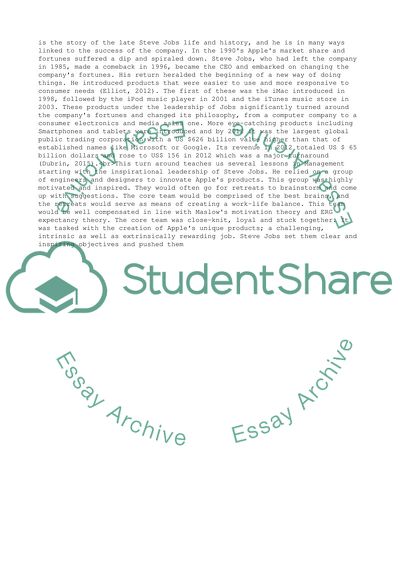Cite this document
(“Apple Assignment Example | Topics and Well Written Essays - 1250 words - 1”, n.d.)
Retrieved from https://studentshare.org/management/1692102-apple
Retrieved from https://studentshare.org/management/1692102-apple
(Apple Assignment Example | Topics and Well Written Essays - 1250 Words - 1)
https://studentshare.org/management/1692102-apple.
https://studentshare.org/management/1692102-apple.
“Apple Assignment Example | Topics and Well Written Essays - 1250 Words - 1”, n.d. https://studentshare.org/management/1692102-apple.


